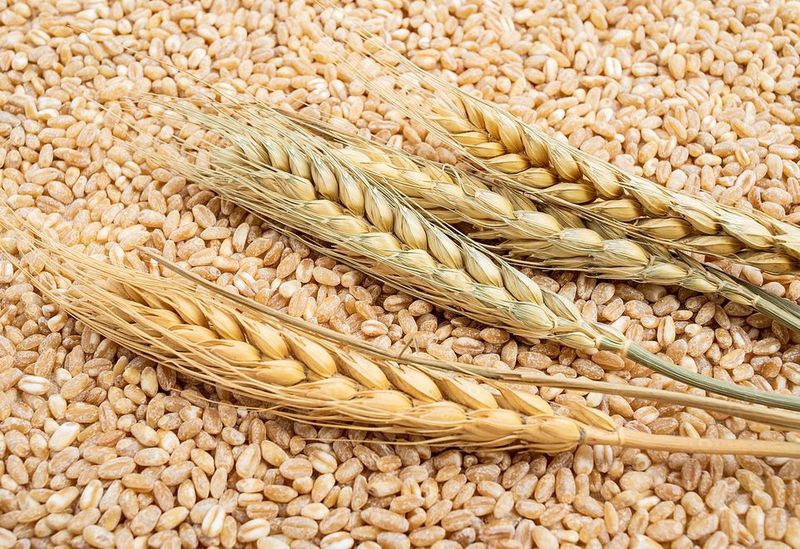Global wheat shortage looms as summer risk over Ukraine war

Russia’s invasion of Ukraine risks sending wheat prices to fresh highs this summer, inflicting economic pain from food-insecure developing countries to rich nations.
Benchmark wheat futures at the Chicago Mercantile Exchange topped $13 a bushel at one point this month, hitting a record for the first time in roughly 14 years. Though prices have fallen since, concern remains that they could rebound on a shortage.
Ukraine and Russia together account for around 30% of global wheat exports. They play an especially large role during summer and fall, the harvest season for the Northern Hemisphere.
Ukraine’s breadbasket has been hit hard by the Russian invasion. The spring crop sowing area could halve this year due to the hostilities, Reuters reported this month, citing then-agriculture minister Roman Leshchenko.
Russian attacks have left widespread damage and sent residents fleeing, leading to delays in farming work. Ports on the Black Sea, where much of the nation’s exports pass through, have been shut down. The agriculture ministry on March 7 announced a ban on wheat and other grain exports.
Meanwhile, U.S. and European sanctions appear to be squeezing shipments from Russia. The U.S. Department of Agriculture in a March report lowered forecasts for Ukrainian and Russian wheat exports in the 2021-22 growing year by 17% and 9%, respectively.
The situation could come to a head this summer. The two countries make up more than 40% of global wheat exports from around August to October, according to a March 8 note by Goldman Sachs Group. Less wheat sowed this spring means a smaller harvest this summer and fall that — combined with logistical challenges — could lead to a plunge in the world’s supply.
Alarm is spreading. Twenty-six countries, mainly in the Middle East and Africa, rely on Ukraine and Russia for over half their annual wheat imports, according to the United Nations Food and Agriculture Organization. Protests have broken out in Iraq over rising food prices. Lebanon and Tunisia are grappling with dwindling supplies, while food shortages are exacerbating the humanitarian crisis in Yemen.
Some big wheat growers are moving to boost exports in response. India, the world’s second-largest producer, grows the grain mainly for domestic consumption and for neighboring countries like Sri Lanka. Its commerce ministry said India is in final talks to start shipments to Saudi Arabia. New Delhi is weighing exports to Africa and Turkey as well.
The U.S. Department of Agriculture report upgraded export forecasts for India and for Australia, which produced a bumper crop this season.
But it is unclear whether other countries can plug Ukrainian and Russian shortfalls. For one, weather affects yields in the U.S., the world’s second-largest exporter, until the harvest kicks into full gear.
“The market is not accounting for weather risks,” said Kazuhiko Saito, Fujitomi Securities chief analyst.
Fertilizer prices have hit record highs as shipments from top exporter Russia cease. Reduced use of fertilizer could diminish the yield of new crops.
Satoru Yoshida, a Rakuten Securities commodity analyst, said 14 countries could replace all of the wheat shipments from Ukraine and Russia if they could boost output to the highest levels in the past five years. But every country on the list would need an extremely successful season.
Inventory levels pose another concern. The U.S. Agriculture Department projects global stockpiles for 2021-22 to equal 35.8% of projected annual consumption — a roughly four-month supply. But half of that stockpile is in China, which consumes most of its wheat, meaning availability for the rest of the world may be lower than the figure suggests.
The FAO expects wheat prices to increase by as much as 20% more owing to the war in Ukraine. The Organization for Economic Cooperation and Development on March 17 warned that the rise in commodities prices could slow global economic growth by over a percentage point while increasing inflation by nearly 2.5 points.
Read also
Write to us
Our manager will contact you soon



